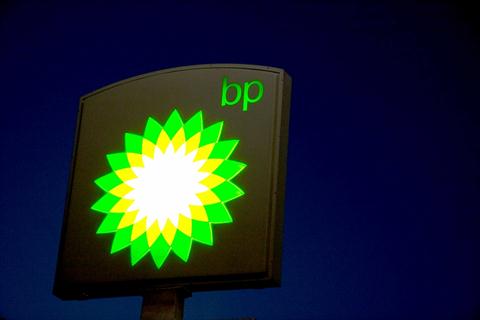Minister of International Cooperation Sahar Nasr signed Thursday a finance agreement with the European Investment Bank (EIB) worth €200m for the second tranche of the third phase of the third metro line project connecting Imbaba to Cairo International Airport.
Nasr said the finance agreement comes in the framework of the efforts exerted by the Egyptian government in collaboration with the EIB to meet the heavy transport demands. Through the deal, all stages of the third metro line are expected to be completed in 2022, with a total length of 40.4 km.
The third line of the metro includes 32 stations with a capacity of about 8.7 million passengers.
Nasr added that the project aims to improve living conditions for Cairo residents through raising the efficiency of the first and the second lines of the metro to save the passengers’ time.
“It is expected that the project will provide 12,000 jobs during the period of implementation, and the economic return of the project is expected to reach 17.4%,” the minister said. “The EIB is currently working on a study to finance a number of priority projects for the Egyptian government, which are expected to be signed during 2016.”
Nasr added that the EIB is conducting finance studies to purchase 13 train for the second metro line of the Metro. The purchase will cost €175m, while the EIB aims to contribute €75m, with the remaining €100m to be financed by the European Bank for Reconstruction and Development (EBRD).
Further, the EIB is contributing €150m to the Alexandria tram project, which has a total cost of €300m. Further, the EIB is providing €115m for the Suez Gulf wind farm project, with costs a total of €360m.
The EIB is one of Egypt’s strategic partners, with cooperation between the two starting in 1979. Since then and to date, the bank’s investments in Egypt are approximately €7.3bn.
The bank has contributed to financing projects in a number of priority sectors for the Egyptian government, such as renewable energy, transportation, drinking water and sanitation, and the support of small and medium enterprises through the provision of credit lines to local banks.




